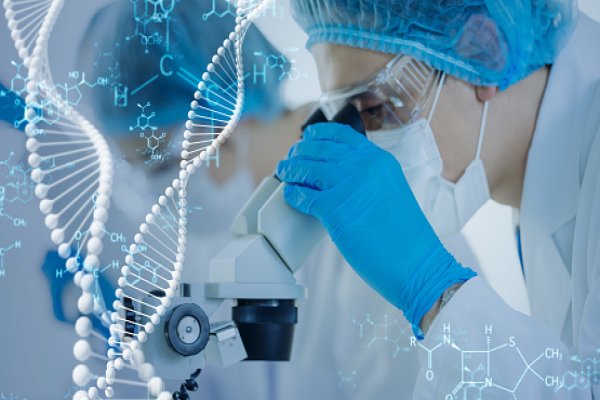Artificial intelligence (AI) has made significant strides in healthcare, particularly in diagnosing diseases and predicting patient outcomes. While the use of AI in medicine has many potential benefits, there are also concerns about its ability to replace human doctors.
Providers have a strong argument for avoiding using AI in healthcare: medical knowledge has its limits, and each patient is unique. Unlike mathematics, physics, or chemistry – where two plus three always equals five, the speed of light is constant, and copper has a fixed boiling point regardless of who does the addition, which color of light is used, or where copper was sourced – medical science doesn’t offer such absolutes.
Medical knowledge is not static like that in hard sciences. The exact cause of diseases is still unknown to doctors, such as why the insulin-producing cells inside the pancreas fail for people with diabetes. This means no single treatment can be effective for all those affected by diabetes since the underlying cause has yet to be determined.
Patients should not be considered interchangeable items like figures on a sheet, copper, or electricity. Every patient is different, having their backgrounds, sensitivities, and reactions to medicines. Ibuprofen and naproxen are both classified as NSAIDs (non-steroidal anti-inflammatory drugs).
The former medication caused my wife to feel nauseous, while the latter was effective. It is uncertain why different people react differently to the same drugs.
Gentamicin is an effective antibiotic for treating infections caused by Escherichia coli or Klebsiella pneumoniae and could, therefore, be reasonably prescribed by an AI following a government-approved, evidence-based clinical algorithm. However, it should be noted that gentamicin can damage kidney function and may cause kidney failure in patients with underlying renal disease.
The doctor must be familiar with the individual they are treating and understand that medical knowledge is not infinite. No treatment does not come with any potential consequences; aspirin, antibiotics, and appendectomies also have their own set of risks.
The doctor’s expertise is based on their judgment and intuition, qualities that are exclusive to humans. No amount of computing power can replicate the intimate knowledge of a patient that the good doctor has.
The doctor considers all aspects of the patient’s well-being before suggesting a treatment plan, such as their physical health, psychological needs concerning risk acceptance and avoidance, family issues, and financial resources.
At times, doctors may have a hunch. This is because their unconscious mind can link together facts that appear to be unconnected. Well-seasoned medical practitioners have learned to pay attention when that inner voice says, “do this, don’t do that; hold off; operate right now.” These intuitions are not always accurate, but they can sometimes save the life of someone needing medical help.
My middle uncle, an obstetrician, said something while driving to dinner when I was a teenager.
Teenager says:
“Mrs. Jones is in the hospital, but I have a feeling I need to see her now. Do you mind if we stop off to check on her?”
“Sure.”
As we pulled up to the parking lot, his pager suddenly buzzed. Upon entering the Emergency Room, a loud announcement was made over the PA system: “Dr. Ratzan needed right away in Room 412! Dr. Ratzan, STAT! Room 412!”
We rushed up three flights of stairs to room 412, where Mrs. Jones was in labor, and her umbilical cord had already come out, restricting the baby’s blood supply. To avoid brain damage, my uncle acted swiftly and performed an emergency Caesarean section while wearing a suit and tie! He doused her belly with antiseptic before donning gloves to deliver the baby.
A doctor’s instinctive wisdom saved the baby’s life, whereas Artificial Intelligence does not possess such qualities. It is incapable of both intuition and discerning judgment, much less any kind of empathy.
AI should not be used as a substitute for the human element in clinical care. Rather, it should act as an informational aide to providers, and the human touch and brain must remain irreplaceable.
While artificial intelligence (AI) has the potential to revolutionize the field of healthcare, it cannot fully replace the expertise and human touch of a trained physician. While AI algorithms can analyze large amounts of data quickly and accurately, they lack the intuition, empathy, and critical thinking skills essential to providing high-quality patient care.
Source: @AmericanThinker



